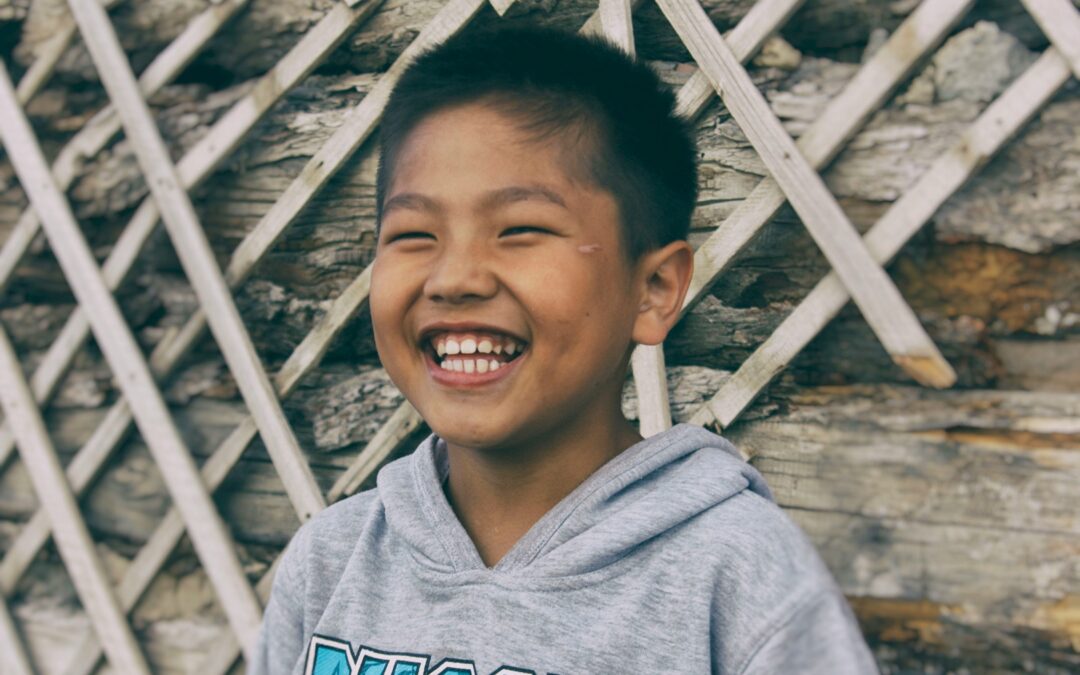Hi, Ms. Chiou here, and I have ADHD.
I didn’t know that growing up. I was never the “hyper” kid bouncing off the walls or screaming at the top of her lungs. I was a good student when I liked the subject, and an absolute ghost when I didn’t. I flew under the radar—quiet, sensitive, and dreamy. Nobody ever thought to look under the surface.
I wasn’t diagnosed until I was in my late 30s. Before that, my ADHD didn’t have a name. By then, I had already created a lifetime of messy coping strategies, immense shame, and a mountain of questions I never knew I was allowed to ask.
What ADHD looked like for me
ADHD, for me, was time blindness. This manifested as losing track of time and ending up scrambling to get things done. This also manifested as being incapable of doing anything before a 4 p.m. appointment because I felt like it’s pressing — but it was 7 hours away. I was experiencing time differently than most people.
It was anxiety. Not just the usual nerves, but deep-rooted, unexplained apprehension that everything will crumble and lead to my ruin — even if it was something as simple as taking the bus. Have you met someone who would walk for 40 minutes just to avoid taking the bus?
My ADHD was the inability to control certain urges. I’d start five projects at once, against my own best judgment, feel the rush of excitement, then drop them as soon as I lost interest, which was usually soon. I’d impulsively reorganize my closet at 11 p.m. — after putting it off for weeks — while actually wanting to sleep.
It was the absolute inability to engage with tasks or ideas I didn’t care about. I could spend hours doing something I loved. For example, I used to read for six hours straight and forget to eat; I could also do research on a topic I’m interested in for hours. However, five minutes into a boring task and I’d mentally clock out. I thought I was unfocused. I wasn’t.
It was auditory processing issues — people would talk and I’d hear the words, but I couldn’t make meaning out of them fast enough. I’d nod along, pretending I understood while hoping people wouldn’t notice.
Still, I found ways to use my hypersensitivity as a gift. My empathy — something I now know is one of my “superpowers” — became my greatest asset in the classroom.
A note to the parents reading this
If your child has ADHD — diagnosed or suspected — please know this: you’re not alone. And neither are they.
ADHD is not a character flaw. It’s not laziness. It’s not a failure in parenting. It’s a neurological difference that requires understanding, compassion, and support.
And while yes, it comes with real challenges, it also comes with incredible strengths: creativity, empathy, deep focus, unique problem-solving abilities, and resilience that grows in the right environment.
You’re doing better than you think
I spent years thinking I was broken. I wasn’t. I just needed someone to help me understand how I work.
Now, I get to be that person for my students — and maybe, through this blog, for you and your child, too.
Let’s keep learning together.
With warmth and understanding,
A Teacher Who’s Been There
